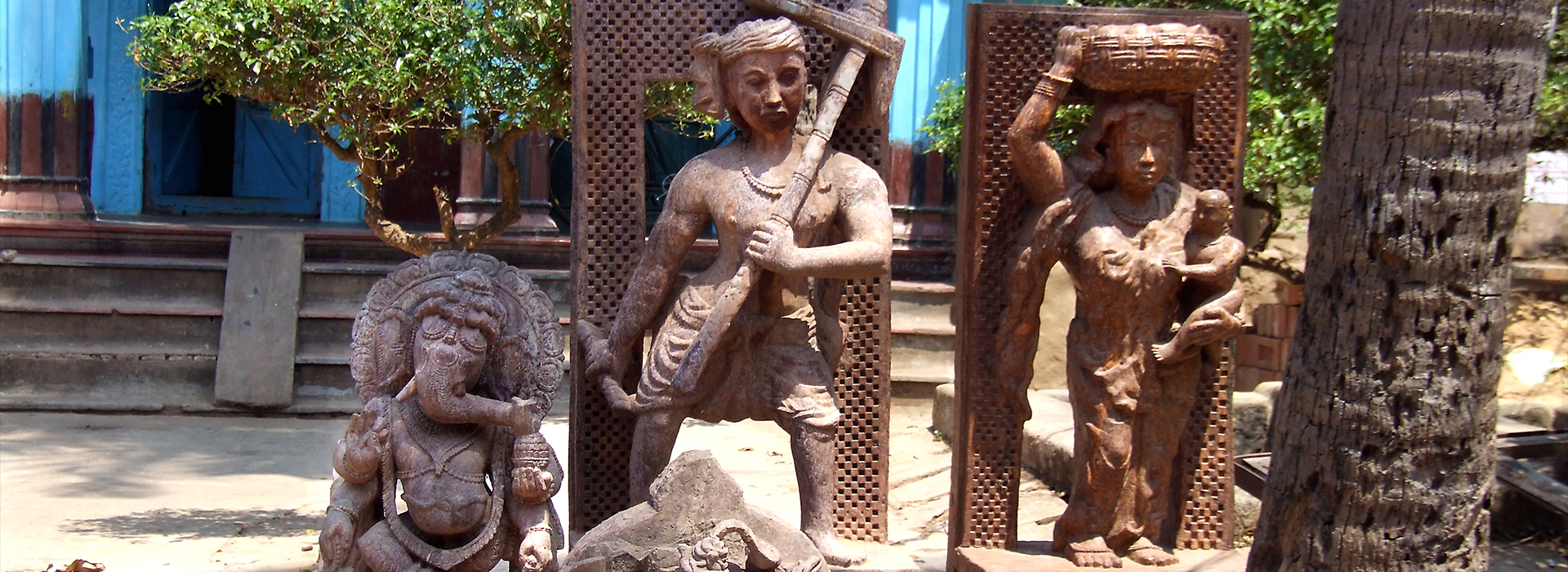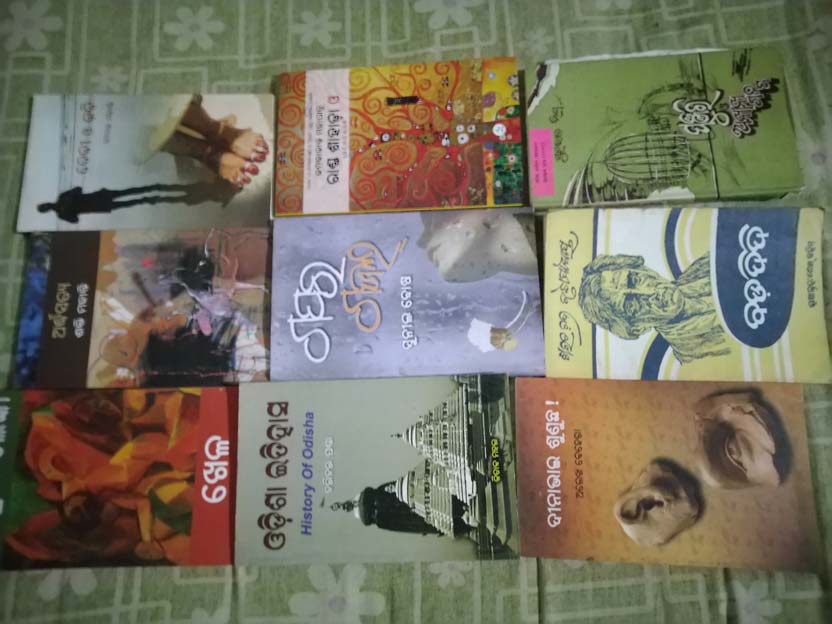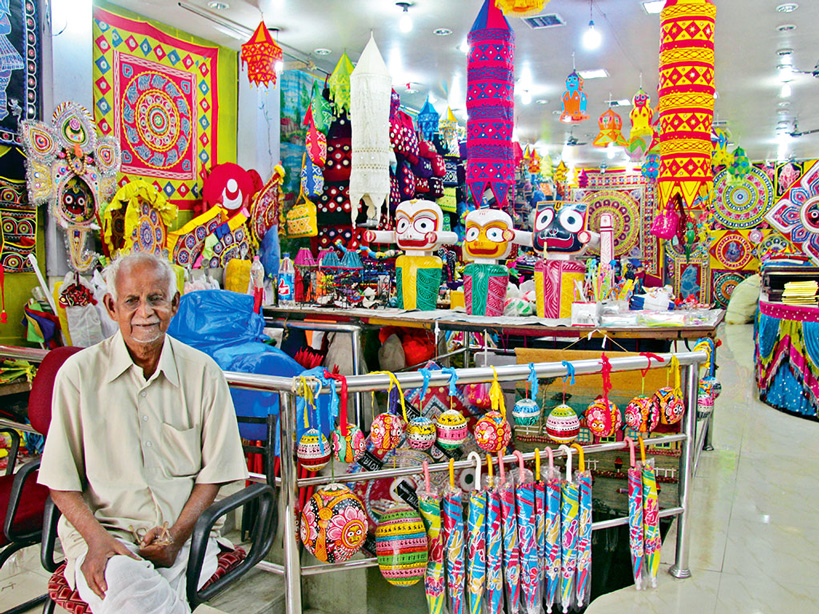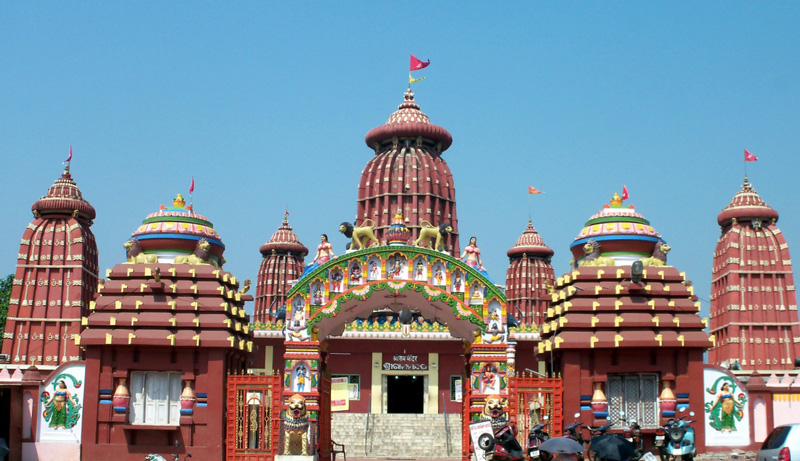
Odisha has a rich artistic heritage. Due to the reign of many different rulers in the past, arts and crafts in Odisha underwent many changes giving an artistic diversity today in the forms of traditional handicrafts, painting and carving and even the literature.

The official language of the state, spoken by the majority of the people is Odia. Odia belongs to the Indo-Aryan branch of the Indo-European language family. In the field of literature, the history of Odisha has been mapped into periods knows as ;Age of Charya Literature, Age of Sarala Das, Age of Panchasakha, Age of UpendraBhanja, Age of Radhanath, Age of Satyabadi, Age of Marxism or Pragatiyuga, Age of Romanticism or Sabuja Yuga, and Post Independent Age. Each of these periods, have contributed to the art history of Odisha with books like SandhyaBhasha, SaralaMahabharat, Gita Govinda to name a few.Mentioned here are few that you can visit and glimpse at the magnanimity of the Odia Literature.

Odisha is also known for its exquisite handicrafts. Silver filigree work of Cuttack, horn work of Cuttack and Parlakhemundi and the famous applique work of Pipili deserve special mention. Apart from those, Odisha is the treasure trove for varieties of handicrafts like Dhokra or brass metal artefacts, Cane works, Terracota& pottery, Stone Carvings and various handlooms of fabrics. Their irrefutable presence make the state a favorite amongst the Explorers and Shoppers around the globe. Read more about the handicrafts of Odisha and where to find them.

Last but not the least, the culture of Odisha showcases a myriad number of Temples and monuments.These temples are a living proof the exquisite architecture of the region. The early monuments date back to the third century B.C. The remnant of an Ashokan pillar, turned into a Siva Lingam and enshrined in the Bhaskaresvara temple at Bhubaneswar and the lion capital of an Ashokan pillar, presently in the State Museum, speak volumes of Odishas past glory. The rock-cut caves of Khandagiri and Udaygiri and the inscriptions recording Kharavelas short but eventful reign during the first century B.C. constitute the second phase of the evolution in Odishan art.The Naga and Yaksha images found in places around Bhubaneswar belong to the post-Kharavela era. Odisha was at the height of her superb artistic glory during seventh to thirteenth century A.D. you will find a great deal of information as you read through the Temple Architecture in Odisha.Ruled by various kings and dynasties, Odisha has acquired many a traditions in its wake.Thus Odisha can best be defined through its racial and cultural amalgamation that lives through its heritage.